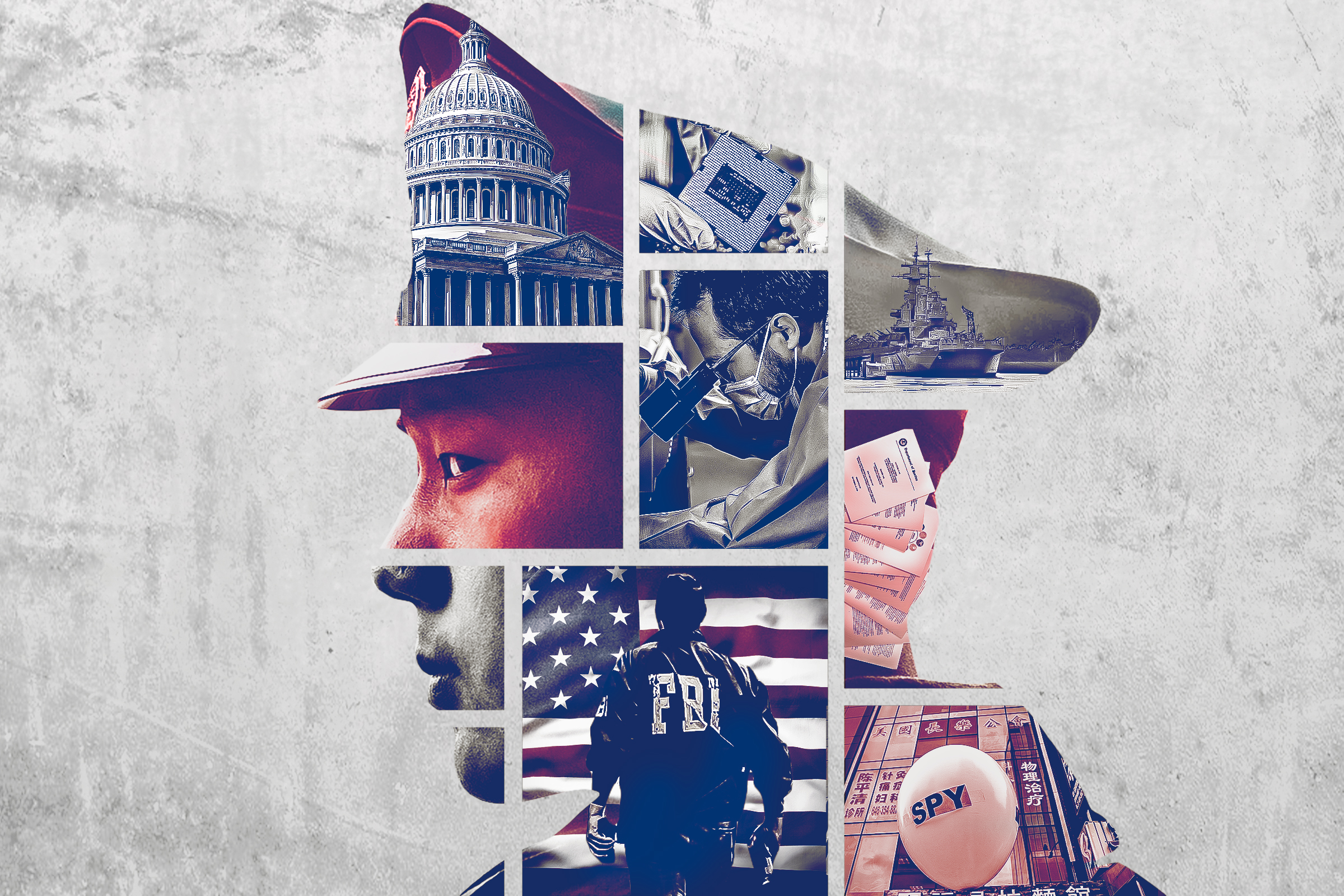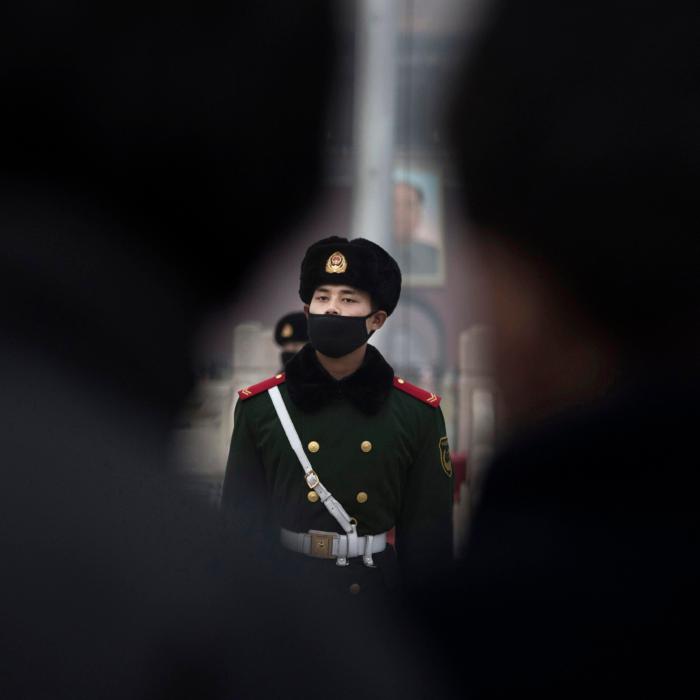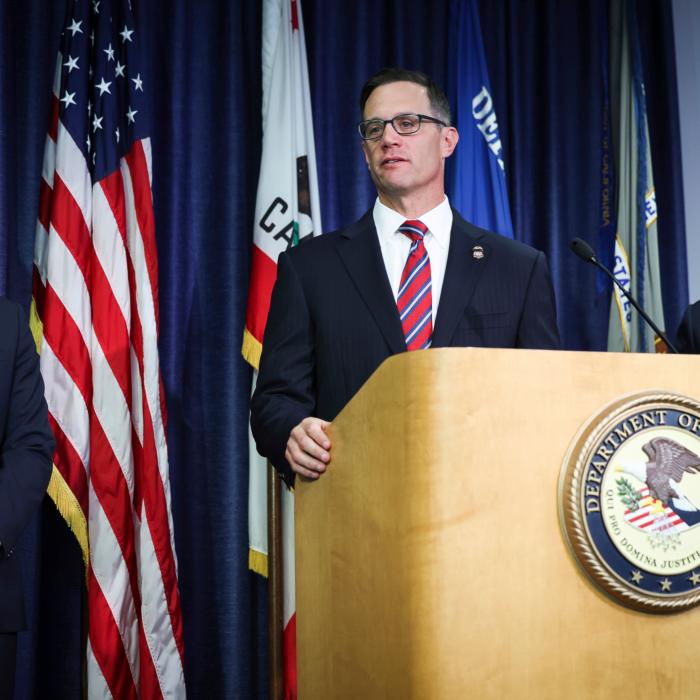Forty Chinese officers, a retired NYPD sergeant, two Navy sailors-turned-spies, and two minders of a secret Chinese police station in New York. These cases, and others, feed an ever-growing list of FBI investigations as the agency zeroes in on combating Chinese espionage operations, an arena it has branded its “top counterintelligence priority.”
“Our adversaries’ targets are our nation’s core economic assets—our information and ideas, our innovation, our research and development, our technology,” an FBI spokesperson told The Epoch Times.
“No country poses a broader, more severe threat to those assets than China.”
To put the scale into perspective, FBI Director Christopher Wray said in 2020 that the Chinese Communist Party’s (CCP’s) “deep and wide and persistent” ability to influence American sectors prompts the agency to open a China-related probe about every 10 hours.
Casey Fleming, CEO of the BlackOps Partners Corporation, said the CCP will do “anything to weaken our society.”
China’s goal, he said, is to “win a war without fighting.”
Mr. Fleming’s company advises businesses on cybersecurity and corporate counterintelligence strategies.
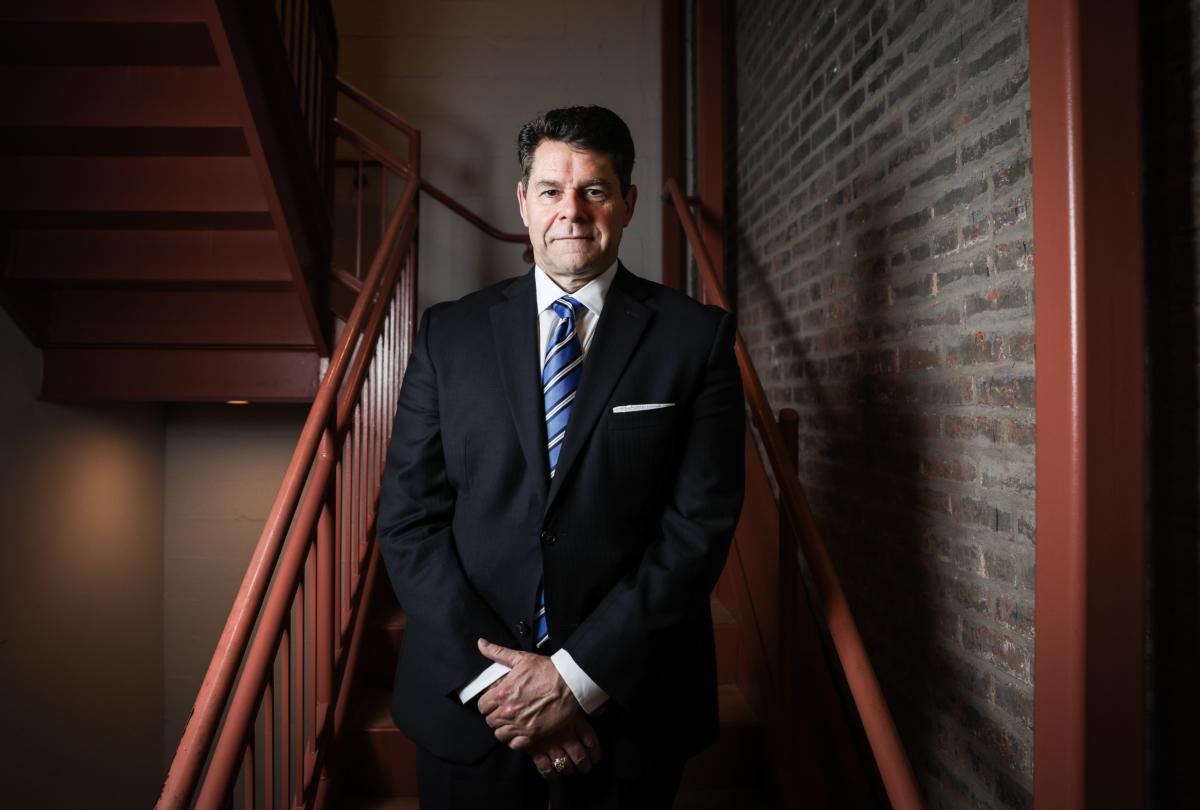
‘A Line in the Sand’
The FBI’s focus on Chinese threats has marked a shift in decades of U.S. policy and is something that only picked up in about the past five years, according to Mr. Fleming.In February of 2018, Mr. Wray, who was then half a year into his job, testified in a Senate committee hearing on Chinese espionage that Beijing represents a “whole-of-society” threat.
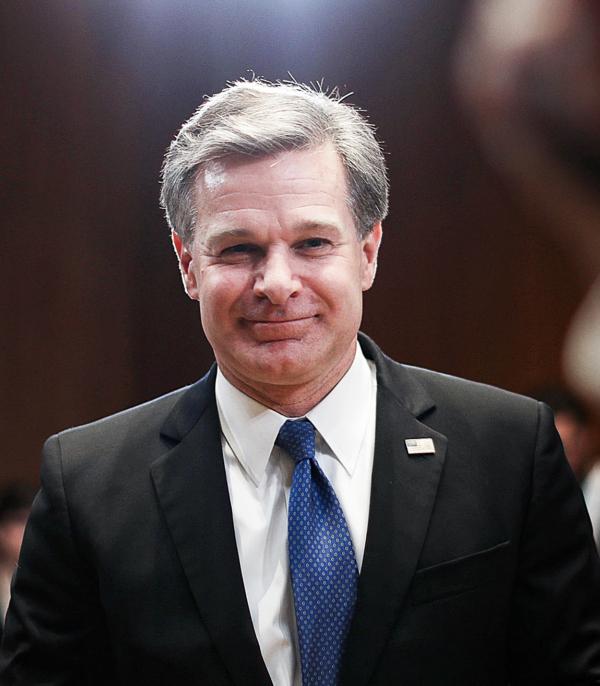
“When we open investigations into economic espionage, time and time again, they keep leading back to China,” he told lawmakers.
Several months later, Mr. Wray classified the regime as “the broadest, most challenging, most significant threat we face as a country.”
Mr. Fleming said it was around that time that the FBI seemed to draw “a line in the sand” with China.
“In the past, our government would look the other way and say, ‘well, that’s just one-off,’” Mr. Fleming said. Now, however, the cases against Chinese agents operating on U.S. soil have come in much more frequently, he said.

Military Infiltration
Navy petty officer Wei Jinchao knew what he was getting into when a Chinese intelligence officer allegedly approached him three months before he became a naturalized U.S. citizen.That same month, February 2022, Mr. Wei told another U.S. Navy sailor that he'd been “asked to spy for the PRC [People’s Republic of China],” according to court documents.
At least 10 of the manuals he handed over had never been seen by the Chinese handler, court documents show. The Chinese handler made at least nine payments to Mr. Wei and even congratulated the sailor on obtaining U.S. citizenship last May.

Former senior U.S. Naval intelligence officer John Jordan said the CCP “wants to hollow out the U.S.” from within.
The very existence of free societies is a threat to CCP rule, he said. Therefore, confronting its influence “goes to the very survival of the American political system.”
Mr. Fleming said it’s “totally wrong” for foreign nationals such as Mr. Wei to be in the U.S. military.
“He should never, never have been allowed in the U.S. military—ever,” he said.
“And especially at any level that he could gather intelligence and get it back to the Chinese Communist Party. That’s another example of how our government and military must wake up to the fact of how serious this espionage is, and the unrestricted warfare by the CCP.”
The Pentagon didn’t respond to The Epoch Times’ questions about its recruitment policies regarding foreign nationals being placed into sensitive military positions.

‘Behind the Scenes’
The Navy sailor case was one of the latest overseen by the FBI’s counterintelligence division, the principal branch in the agency tasked with tackling espionage from hostile powers such as Beijing.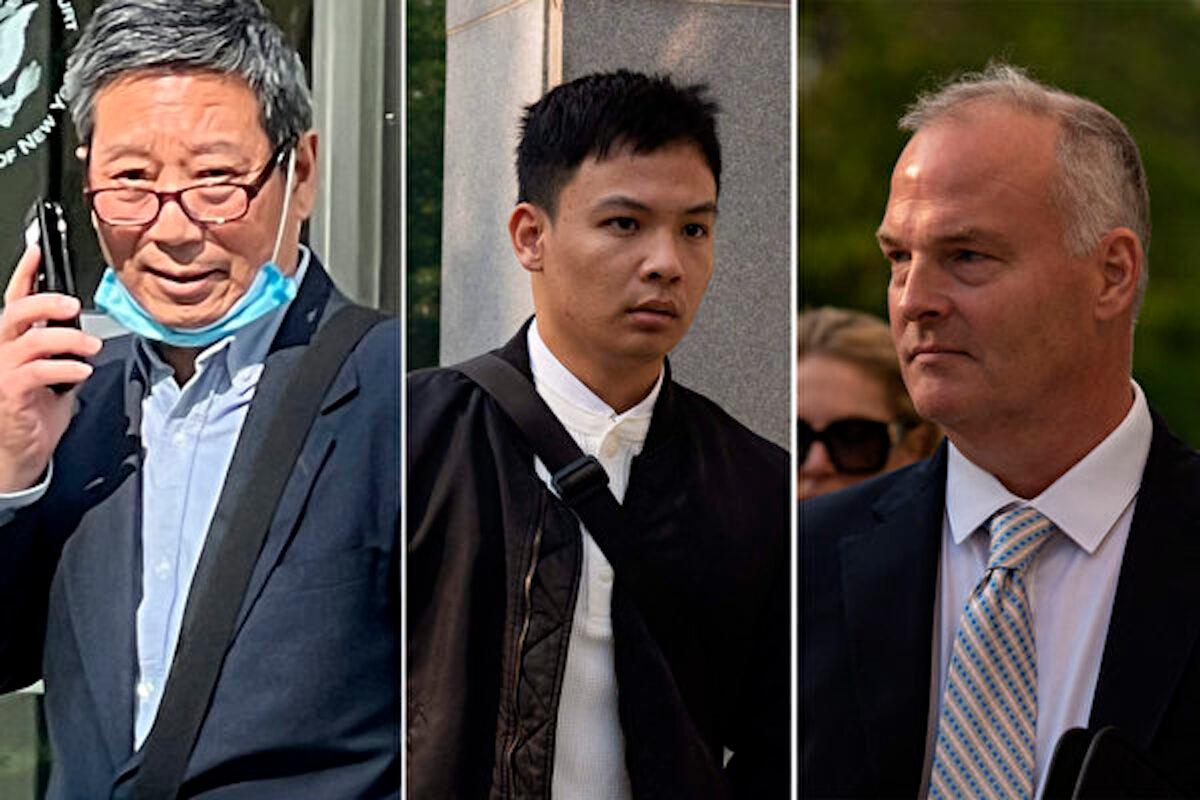
A lot goes on behind the scenes before any case can move forward, according to Marc Ruskin, a 20-year FBI veteran, who has worked on a number of counterintelligence cases.
To initiate a preliminary investigation, the FBI needs to provide sufficient probable cause to assign a case agent.
Bringing on an undercover agent is often the best technique but also the most labor-intensive and costly, Mr. Ruskin told The Epoch Times.
“You need a whole team of people basically, and then you have to get different levels of authorization depending on the nature of the case,” he said.

A proposal detailing different investigative and undercover scenarios and a budget breakdown must be approved before extra manpower is added. The authorization is usually renewed every six months until the operation is complete—when prosecutors believe they have enough evidence to make an arrest, Mr. Ruskin said.
Court documents reveal that an informant worked with the undercover agent posing as an IRS official to connect with and record conversations with two suspects, who paid the agent to open a probe against an entity managed by adherents of Falun Gong, a faith group that has been brutally persecuted in China since 1999.
Undercover agents try to “make as many meetings as possible” with suspects, Mr. Ruskin said.
The agent who posed as an IRS official was handed a $1,000 down payment in the initial meeting and another $4,000 in a second meeting.
“This way, he’s got two meetings instead of one. And you can get twice as many conversations and make it very clear that there’s no doubt anymore as to what the purpose of the bribe is,” Mr. Ruskin said.
“That, in combination with the intercepted phone call between the two defendants, then also bringing in the evidence about the PRC public official, makes for an airtight case using undercover,” he said.
Mr. Ruskin said the case will be “very embarrassing” for the Chinese regime.
“There’s no question as to the nature of the attack on Falun Gong,” he said. Chinese agents are trying to interfere with people exercising constitutional rights and freedom of religion on U.S. soil and at the same time trying to “corrupt American public officials, which is very shameful.”
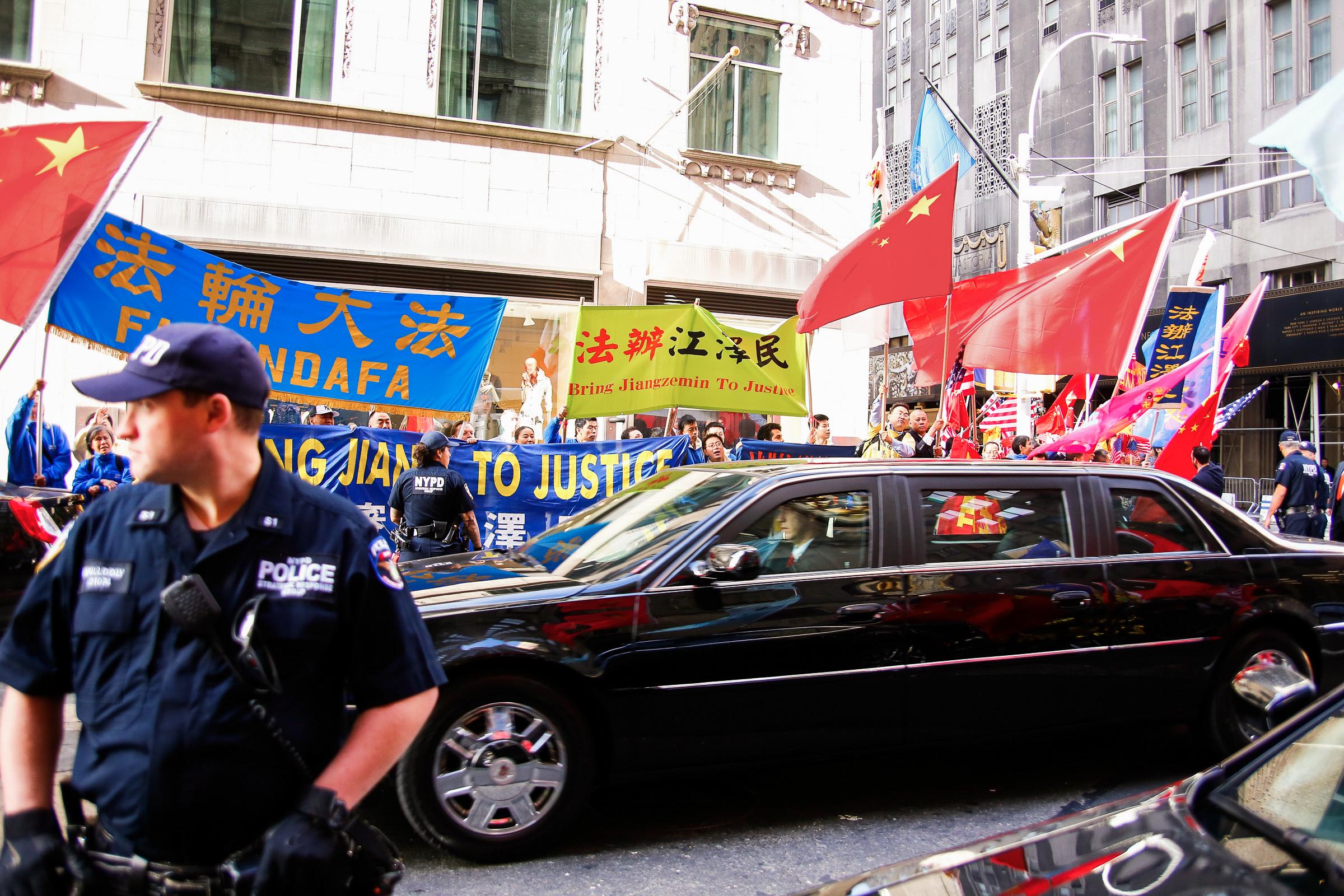
Mr. Ruskin said undercover agents make “the best witnesses.”
“It’s the most valuable work the FBI can do, because the witnesses are FBI agents,” he said. “It’s not like you’re taking someone off the street and making them a witness, or using an informant.”
A trained agent’s reliability in court is “unquestionable,” he said, and it “doesn’t give any wiggle room for the PRC to try and provide an alternate explanation for what happened.”
Beijing’s Playbook
The tactics of the Chinese campaign aren’t limited to any one facet, nor are its targets. Lawmakers, businesses, academic institutions, and the general public aren’t immune from the regime’s reach. The Party routinely threatens and harasses U.S.-based critics, exerts pressure on U.S. politicians in a bid to mold policies to its liking, and aggressively obtains trade secrets and U.S. intelligence through generous payments or hacking.
Lawmakers, businesses, academic institutions, and the general public aren’t immune from the regime’s reach. The Party routinely threatens and harasses U.S.-based critics, exerts pressure on U.S. politicians in a bid to mold policies to its liking, and aggressively obtains trade secrets and U.S. intelligence through generous payments or hacking.The DOJ’s China Initiative led to a spate of researchers’ being criminally charged for hiding their links to state-sponsored Chinese recruitment programs, known as “talent plans,” the most high profile among them being Charles Lieber, a former Harvard University chemistry chair.
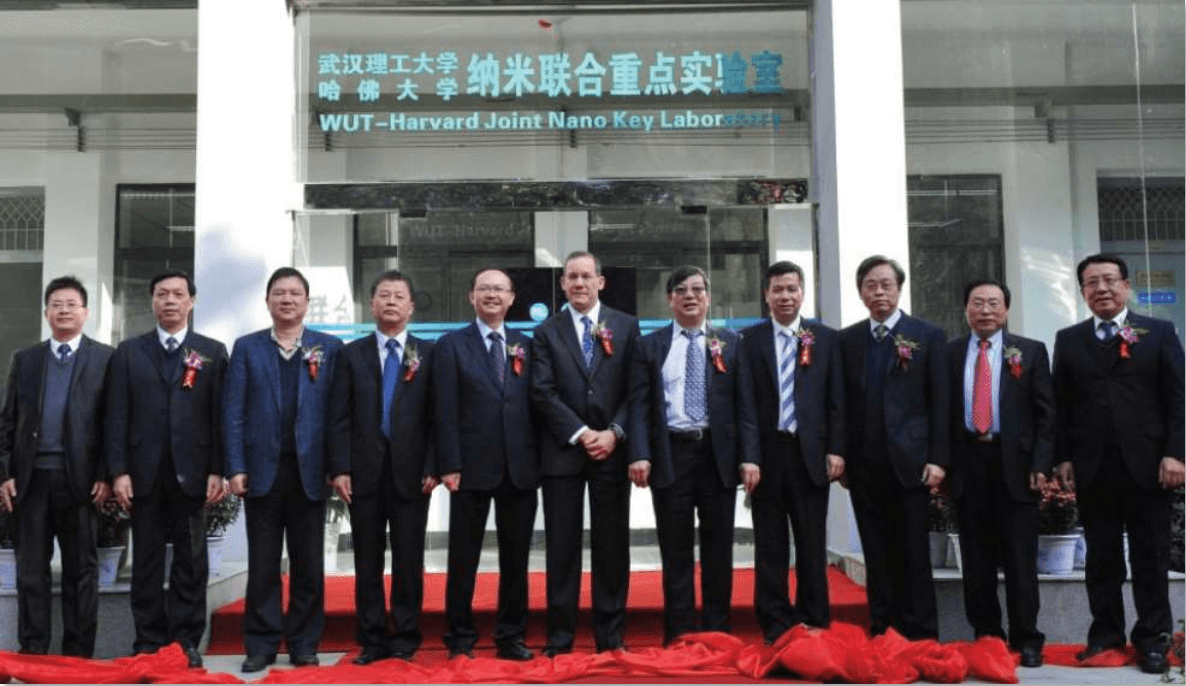
He had also opened and co-directed a joint nanotechnology lab at the Wuhan University of Technology under Harvard’s name.
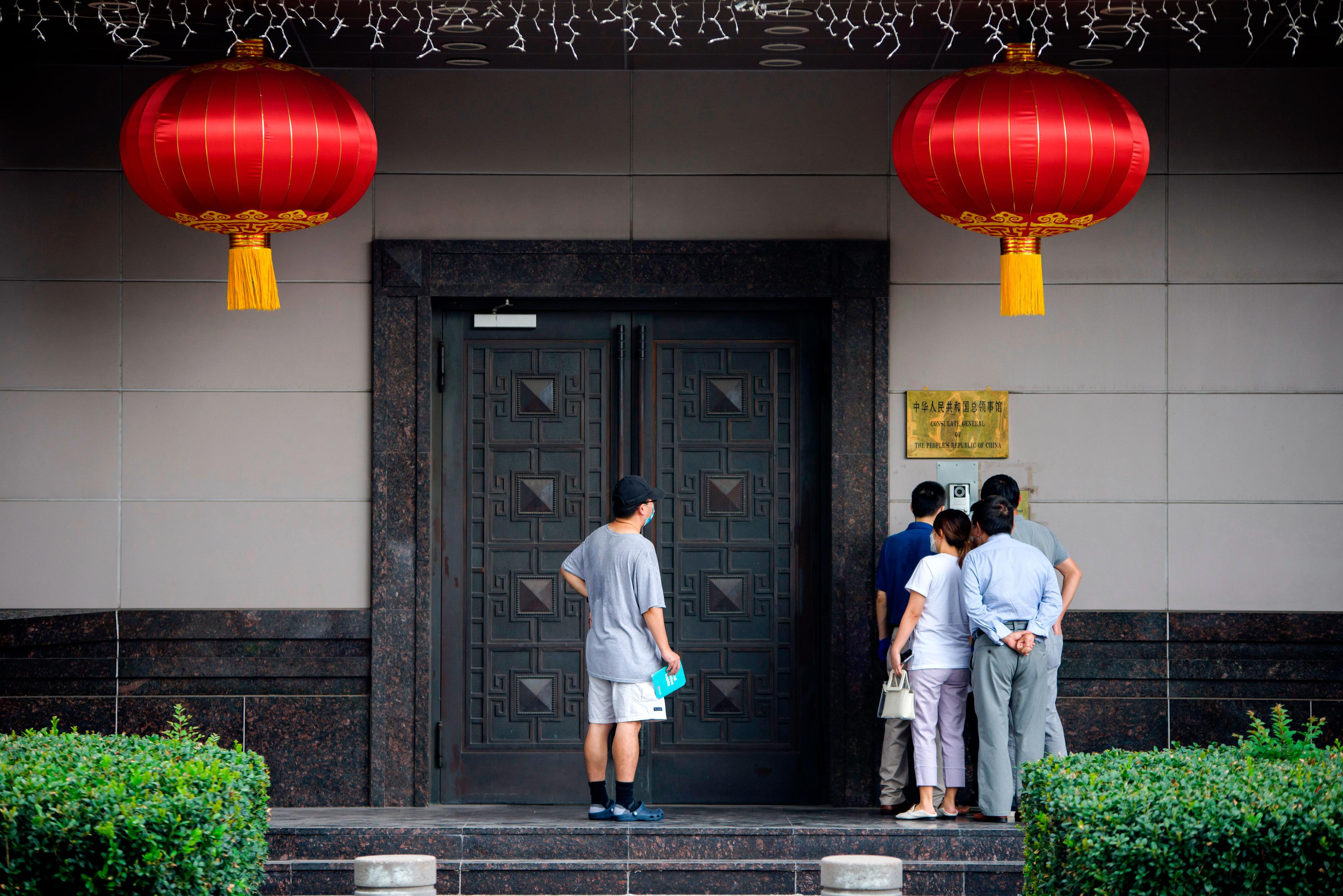
By overblowing the harm of the discrimination via social media and mainstream media—with the help of its subordinates or those misled by its propaganda—Beijing deflects blame and shifts the focus off its nefarious activities.
“We’re slowly waking up to really what this threat is,” Mr. Fleming said. “It’s a war we’ve never been familiar with in the past that we have to become experts in overnight.”
The FBI spokesperson said China targets U.S. businesses, academic institutions, researchers, lawmakers, and the general public.
“The government and the private sector must commit to working together to better understand and counter the threat,” the spokesperson said.
‘Violence Would Be Fine’
Recently, researchers uncovered more than 100 extralegal Chinese police outposts in 53 nations, including at least four in the United States.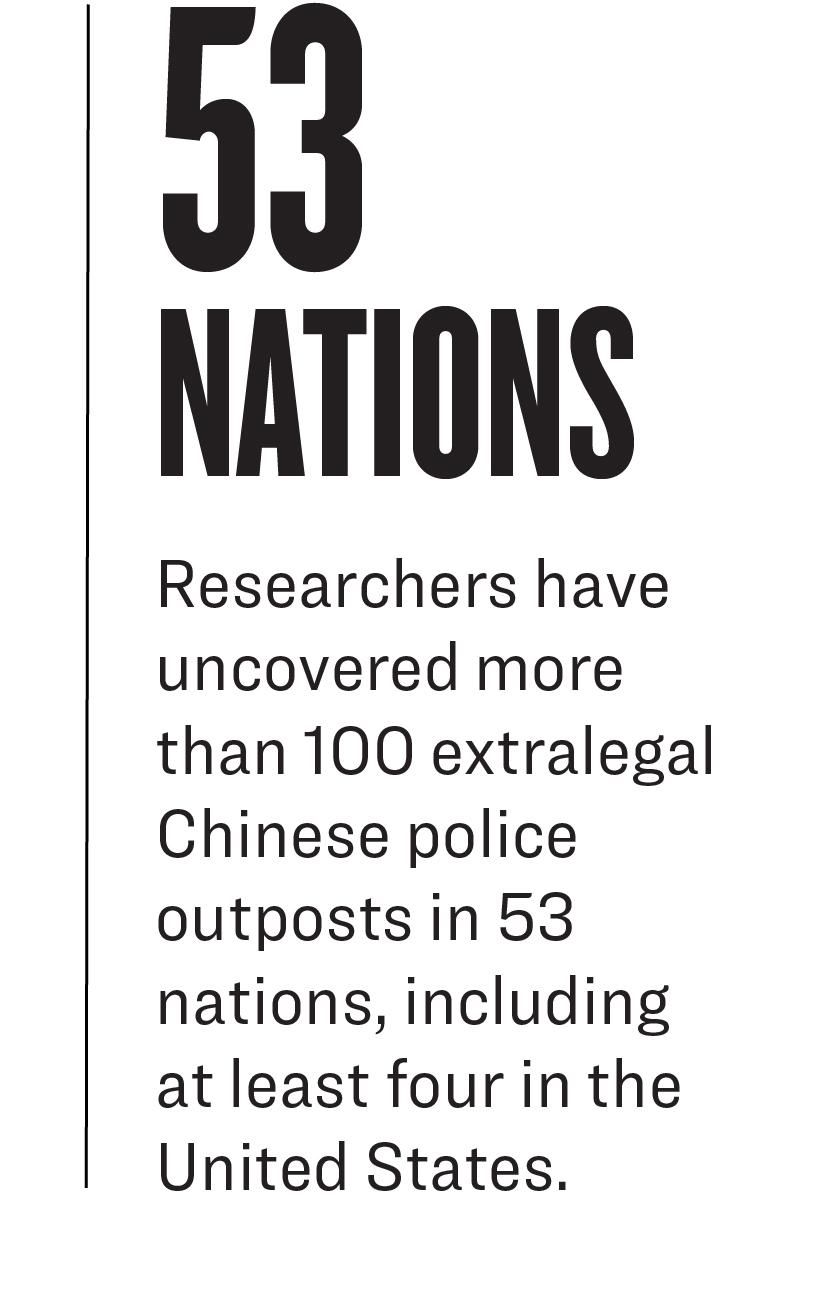 The revelation of one such station in New York led to the arrest of two alleged Chinese agents, one of whom, prosecutors said, paid ethnic Chinese people by busloads to welcome Chinese regime leader Xi Jinping in 2015 and to counter the demonstrations of Falun Gong. The man was also enlisted in efforts to force a purported Chinese fugitive to return to China, DOJ filings allege.
The revelation of one such station in New York led to the arrest of two alleged Chinese agents, one of whom, prosecutors said, paid ethnic Chinese people by busloads to welcome Chinese regime leader Xi Jinping in 2015 and to counter the demonstrations of Falun Gong. The man was also enlisted in efforts to force a purported Chinese fugitive to return to China, DOJ filings allege.“The Chinese government seeks to manipulate U.S. political and economic policies while attempting to integrate their agenda through local communities to serve their own agenda and invoke their authorities within our borders,” the FBI said in a statement.
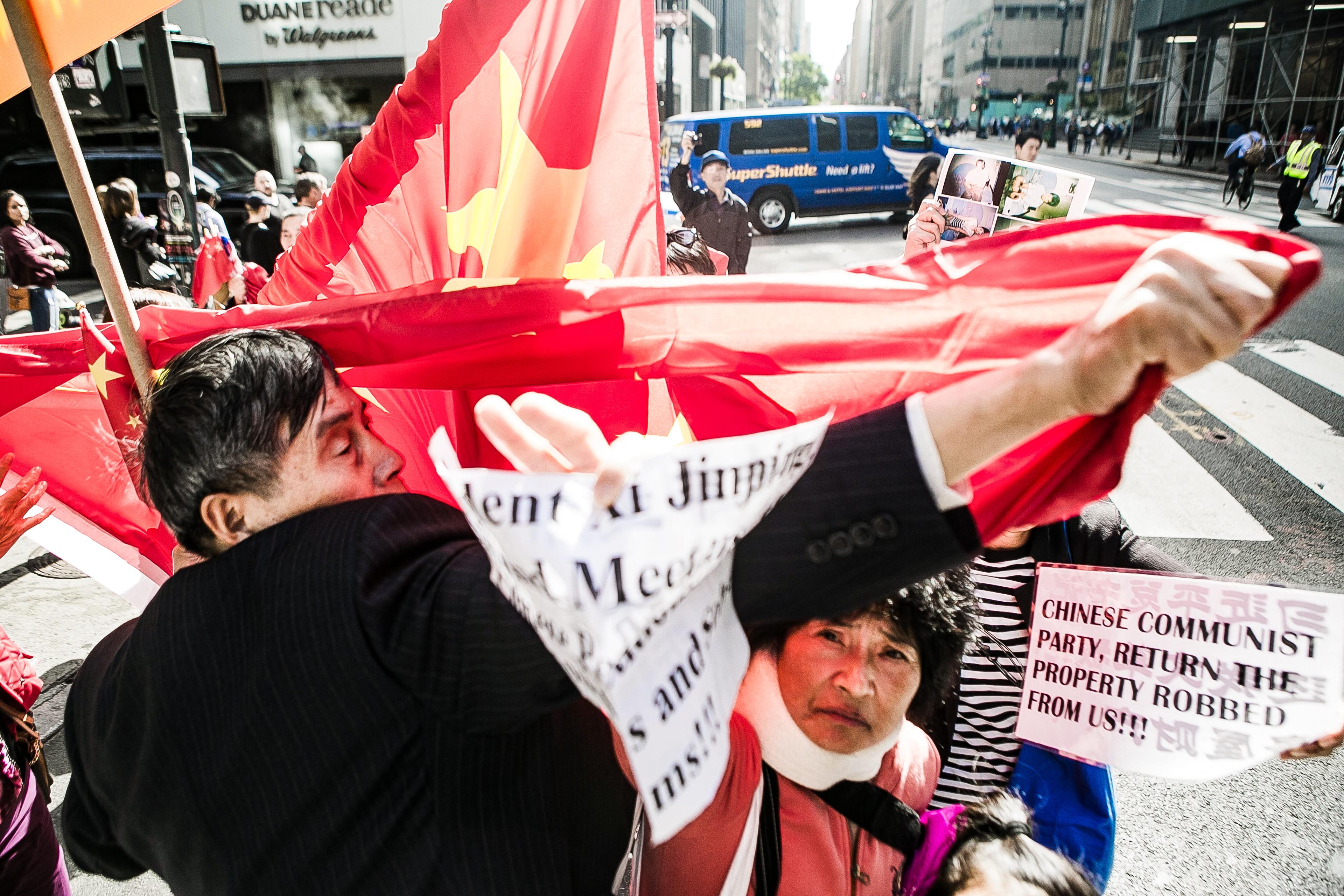
U.S. Army officer Xiong Yan tasted the regime’s suppression campaign first hand while running for a U.S. congressional seat on Long Island, New York, in the 2022 midterms. A student leader in the 1989 Tiananmen Square protests, Mr. Xiong had by then served in the U.S. military for 27 years and become a naturalized U.S. citizen.
“Beat him. Beat him until he cannot run for election,” an alleged Chinese agent instructed a private investigator in a plot to thwart Mr. Xiong’s election campaign.
The plot began in September 2021, shortly after Mr. Xiong announced his candidacy, federal prosecutors said. “Right now we don’t want him to be elected,” the court document quoted alleged agent Lin Qiming as saying. “Whatever price is fine. As long as you can do it.”
Mr. Lin demanded the private investigator implicate Mr. Xiong in prostitution, tax evasion, and child pornography. He suggested hiring an attractive woman as a campaign volunteer for Mr. Xiong in order to “have a relationship with him.”
When the investigator said it would cost $40,000 to carry the plan out, Mr. Lin responded: “No problem. The money is not a problem.”
“If you don’t find anything after following him for a few weeks, can we manufacture something?” Mr. Lin asked in a recorded call.
“In the end, violence would be fine too,” he said later in a voice message, adding that they could use a beating or other means to inflict physical harm, according to court filings.
“You-you think about it. Car accident, [he] will be completely wrecked [chuckles], right? Don’t know, eh, whatever ways from all different angles. Or, on the day of the election, he cannot make it there himself, right?”
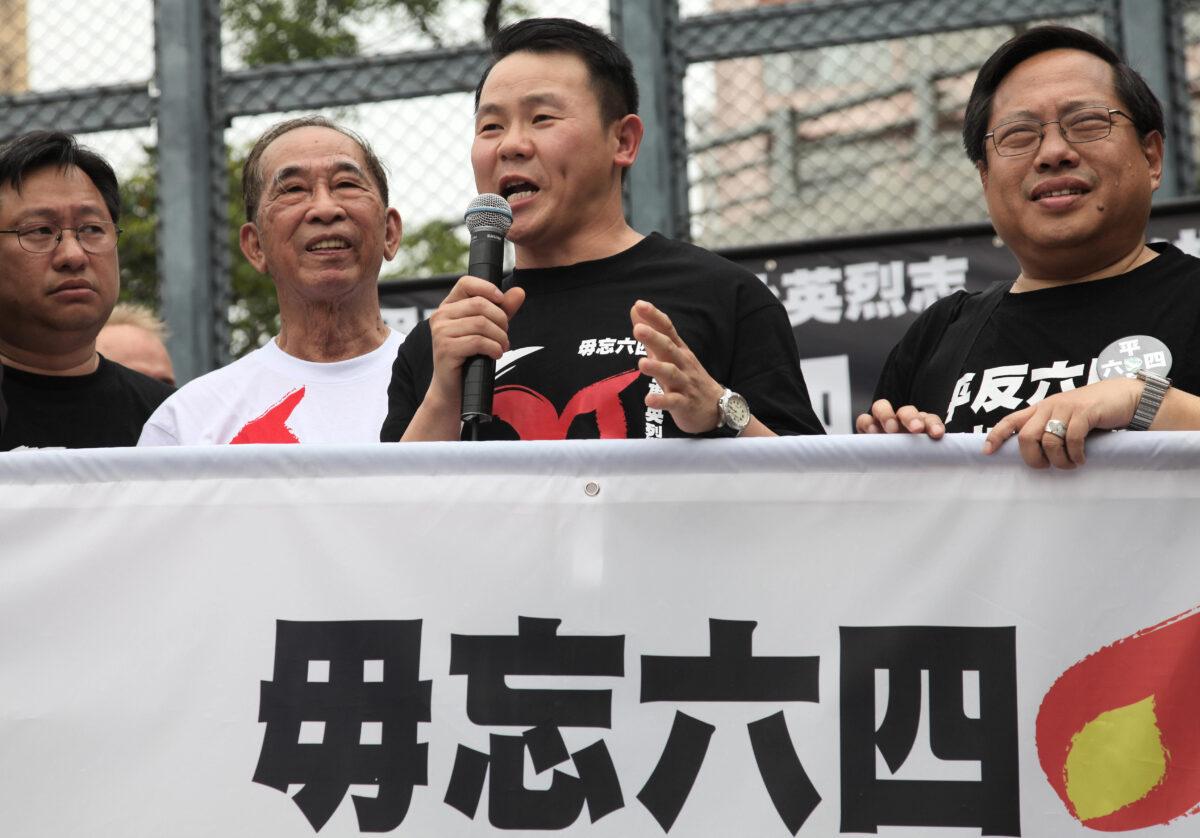
Mr. Xiong was unaware of the scheme unfolding around him for months and was surprised to find himself in headlines last March when he flew back into the United States after a trip overseas.
“I’ve done nothing wrong to dishonor myself, and therefore have no cause for fear,” he told The Epoch Times.
But the revelations allowed him to make sense of things he hadn’t understood. In November 2021, for example, he remembered leaving early from his single-family house parking lot on Long Island to meet a friend. It was about 3 a.m., but just as he was heading out, he noticed a car driving in. The driver seemed to be a woman in her 40s who kept her head down.
“They had been following me all this time,” he said.
Days after the DOJ brought charges against the alleged schemers, Mr. Xiong held a large fundraiser for his campaign. Only one-third of the more than 500 expected guests showed up. One of the guests who failed to attend later called Mr. Xiong’s campaign and explained that the Chinese consulate had warned him and others not to donate to his campaign, attend his events, or vote for him and told them that doing so would jeopardize their ability to do business in China.
‘Climate of Fear’
Holding family members hostage is a typical tactic employed by the Chinese regime to exert control over the U.S.-based Chinese diaspora and silence unfavorable voices, as U.S. Uyghur activist Rushan Abbas has experienced.Ms. Abbas has regarded her Urumqi-based sister, a retired Chinese medical doctor, as a mother figure ever since their parents passed away. But she stopped communicating with her sister in 2017, the year she founded the nonprofit Campaign for Uyghurs, in hopes of shielding her closest relative from Chinese authorities’ retaliation.
It didn’t help. In September 2018, six days after Ms. Abbas spoke about the mistreatment of Uyghurs at the Hudson Institute, her sister vanished, just like many of Ms. Abbas’s in-laws in China.
It wasn’t until two years later that Ms. Abbas learned of her sister’s 20-year prison sentence. As she campaigned for her sister’s freedom from the United States, Chinese state media attacked her, claiming she had stolen images of Uyghurs as props to fabricate tall tales.
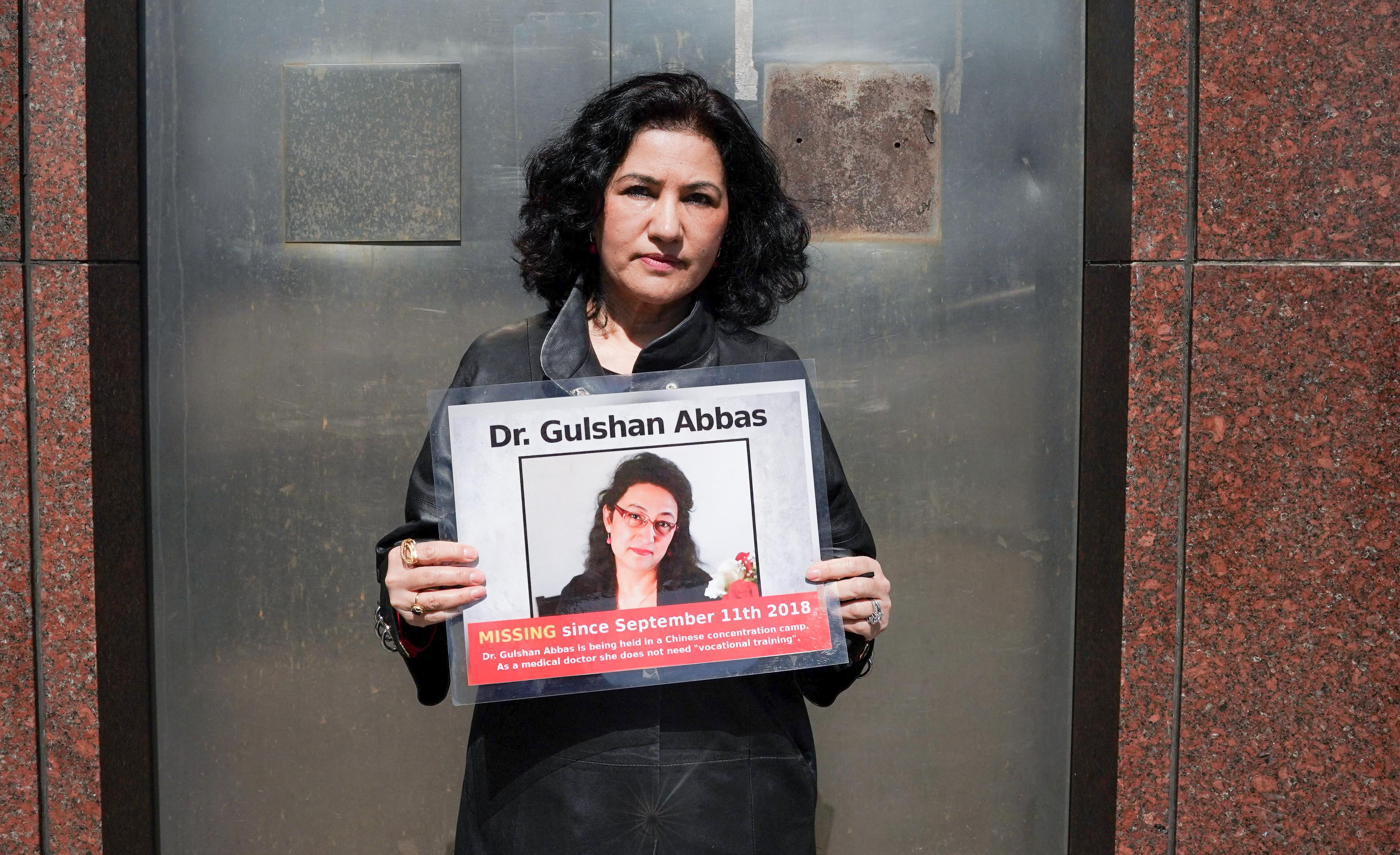
If anything, Ms. Abbas said, the regime has underestimated the strength of her will.
“The CCP thought they could silence me. But they have failed, and it only makes me stronger, because I am fighting harder,” she told The Epoch Times, as her sister’s imprisonment approaches its fifth year.
A few days after Ms. Abbas’s first congressional testimony about her sister’s plight in 2019, her organization’s website crashed, an incident she linked to Chinese state-sponsored cyberattacks.
The Party is trying to create “a climate of fear, self-censorship, and hesitation within dissident groups,” Ms. Abbas said.
She’s appreciative of the growing U.S. attention against CCP agents but said more is needed to help protect dissidents as they face off against “this giant power.”
“If nobody can do anything to the people who are facing genocide within China’s borders, or Falun Gong practitioners who are being persecuted within China’s borders, or Tibetans, or Hongkongers, at least the [Western] governments can protect the people who are outside of China still facing transnational repression by the CCP,” Ms. Abbas said.
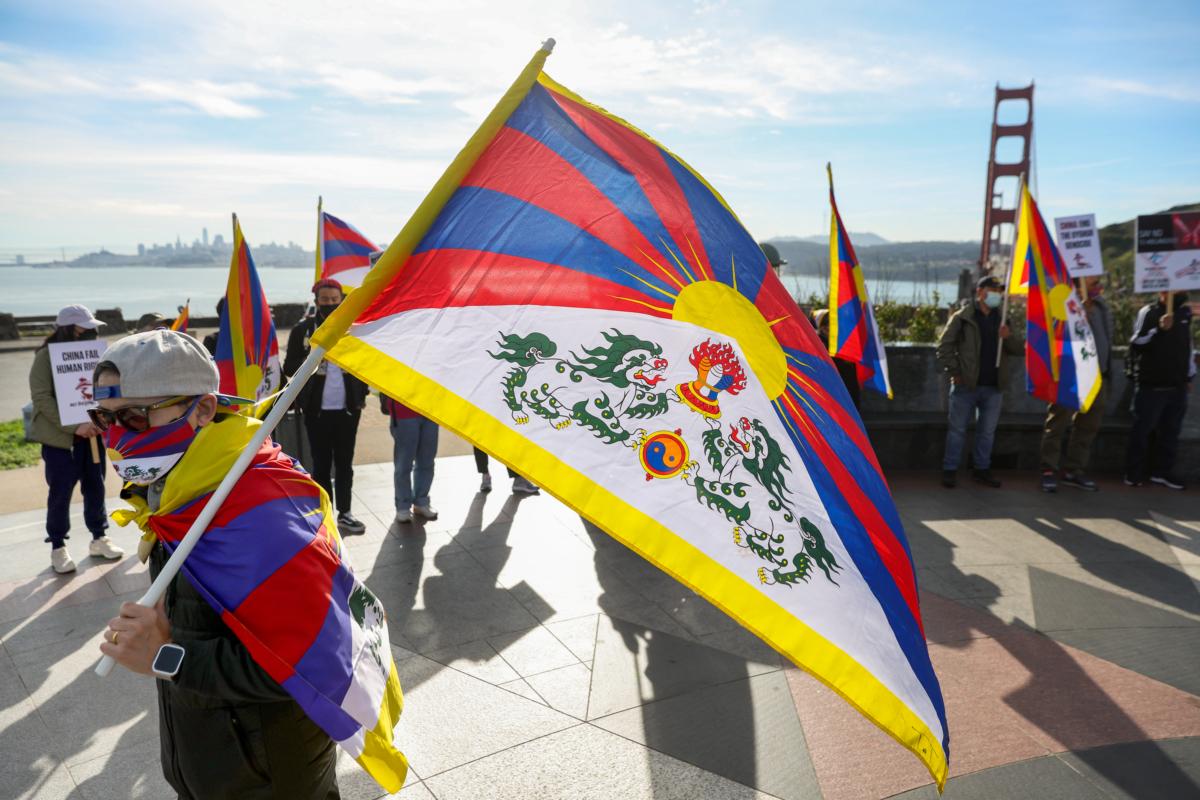
‘Imposing Real Costs’
Levi Browde, executive director of the New York-based Falun Dafa Information Center, said the increase in prosecutions by the DOJ is likely giving the regime’s enablers pause.“Any arrest by the FBI acts as a deterrent,” he told The Epoch Times.
Everybody who goes after Falun Gong and other dissidents overseas “is doing so because they’re going to get paid more money if they secure some ‘wins,’ and they are going to secure promotions if they secure ‘wins,’” Mr. Browde said.

Seeing others get arrested by the FBI should get the rest of them thinking, “Is that money and career advancement worth winding up in a U.S. jail?”
Mr. Jordan said the United States should start putting “sanctions on the table” and “imposing real costs on the Chinese Communist Party.”
“This isn’t going to stop until it becomes more expensive for Beijing to continue this than to stop it,” he said. “Because they will do a cost-benefit analysis—it’s that simple.”
Mr. Xiong observed that U.S. efforts have significantly set back pro-Beijing agents’ “arrogance.”
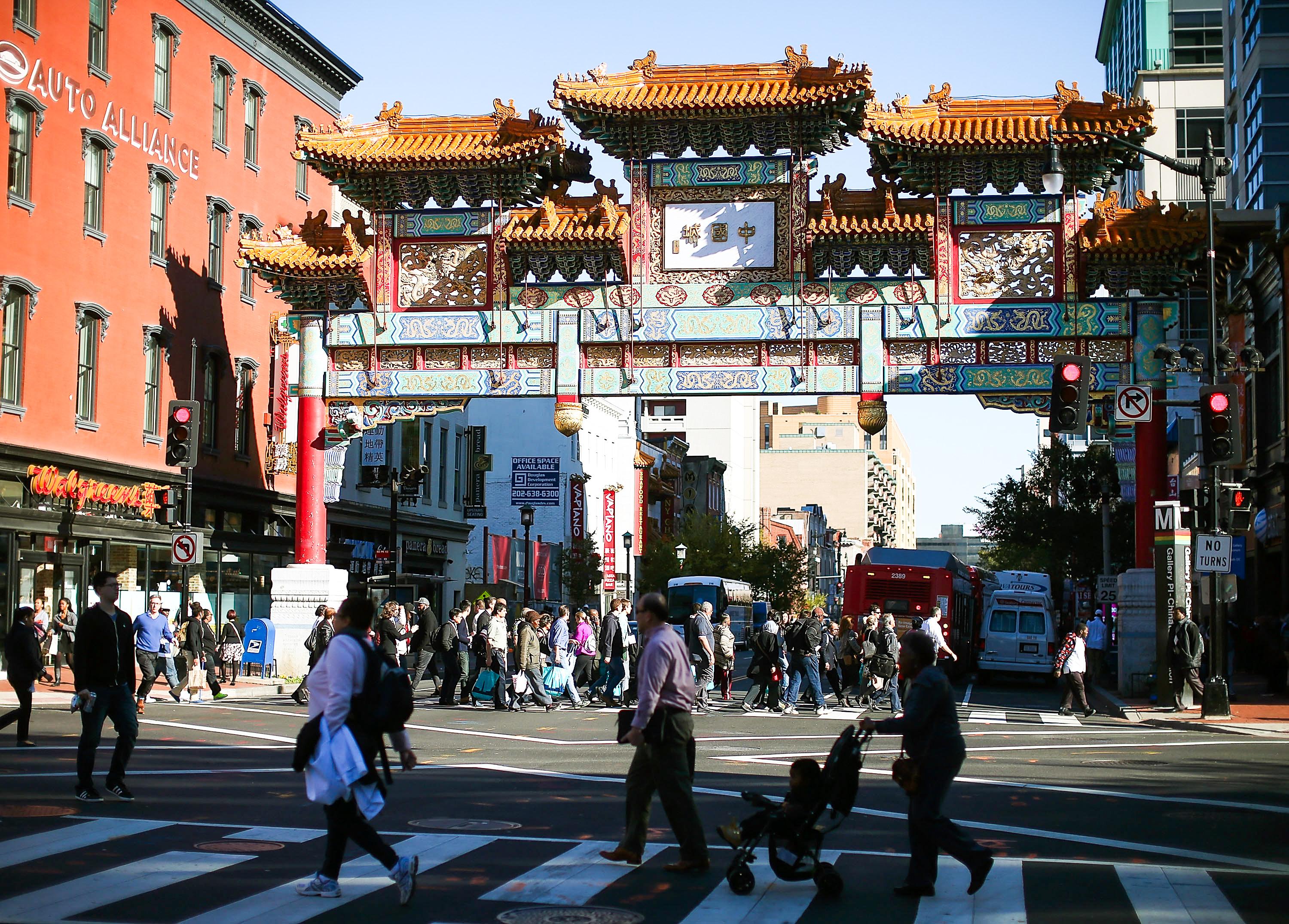
Mr. Fleming said he wants to see the U.S. government pour at least 10 times as many resources into countering the CCP.
“The level of the Chinese Communist Party’s espionage and influence and subversion is beyond most people’s comprehension,” he said.
“It’s communism versus freedom and liberty. That’s what’s at stake.”
